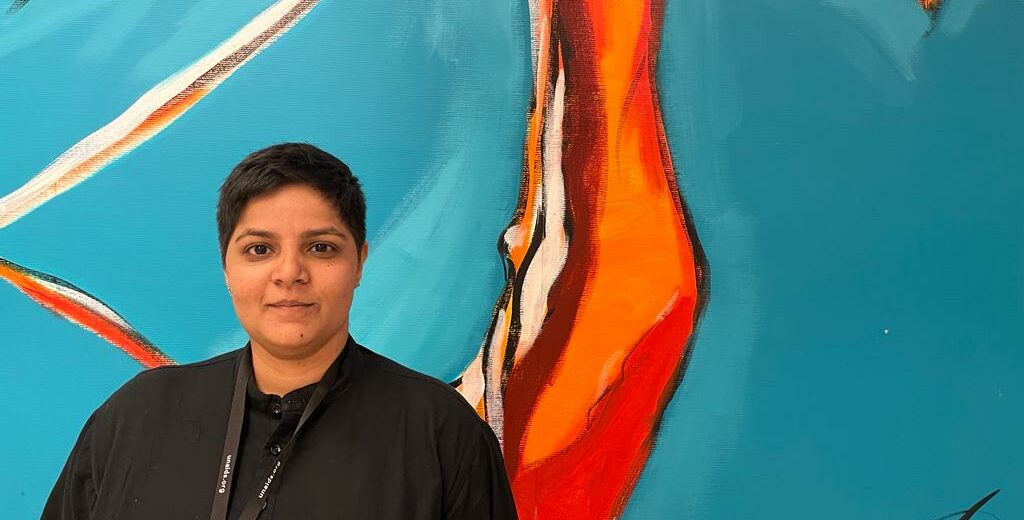With over 15 years of experience in human rights advocacy for India’s LGBTQIA+ community and other marginalized groups, Sonal Giani has carved a reputable name for herself in South Asia. She has a proven track record in enforcing gender equality, diversity, and inclusive practices/policies at sexual and reproductive health institutions across South Asia.
Her work has earned her several awards and recognition. However, she and other numerous members of the LGBTQIA+ community continue to live in societies that discriminate against them based on their gender identities and sexuality. Sonal joined the NGO Delegation with an aim to confront discrimination in SRHR and HIV/AIDS care on a global platform.
From personal experiences and through her work, Sonal is well-aware of the limitations that are placed on marginalized communities such as transmasculine people, sex workers, people with disabilities, lesbian and bisexual women due to discrimination. According to Sonal, gender inequality is the driving force behind the irregular and rigged distribution of healthcare services in South Asia and across the world. She believes this to be one of the biggest challenges facing NGOs that work in the global HIV/AIDS sector.
For those reasons her priority as a new member of the NGO Delegation is to ensure that UNAIDS is held accountable to zero discrimination in its strategies and intervention. There is still a stigma attached to queer and gender-diverse individuals. Coupled with the criminalization of their existence in some parts of the world, this often means that these people are not only excluded from HIV/AIDS care services, but they are removed from the entire mainstream healthcare system.
Sonal plans to call for the integration of other fields of healthcare that affect the LGBTQIA+ community into UNAIDS’ focus. She believes that she is equipped to guide and assist that process as her footprint spans across multiple communities within the human rights and healthcare spaces.
According to Sonal, this will create the awareness of intersectionality that is required to acknowledge people’s differences and eliminate discrimination. Additionally, Sonal, representing the International Planned Parenthood Federation, will use the connections of IPPF to provide relevant data that is needed to create inclusive health and medical interventions for minority groups affected by HIV/AIDS.
